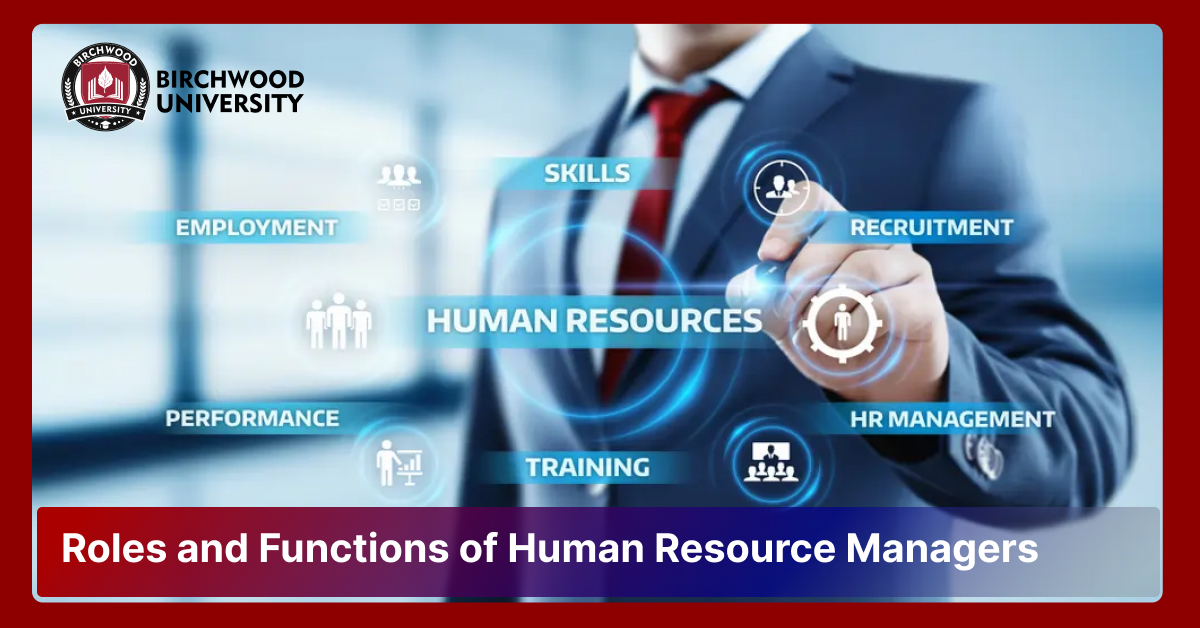Why Business Analytics MBA is the New MBA for the AI-Driven World
Jul 8, 2025The MBA is evolving.
If you’ve been paying attention, you’ve probably noticed that business decisions aren’t made the same way they were a decade ago. Boardrooms are no longer just about experience and instinct. They're being shaped by dashboards, predictive models, customer data and yes — artificial intelligence.
In this shift, one MBA is standing out for all the right reasons: the MBA in Business Analytics.
This isn't a rebranded data science degree. It’s a business-first, data-smart leadership program that’s rapidly becoming the go-to choice for those who want to stay sharp and relevant in a changing professional environment.
The Shift: Why Business + Data Is the New Standard
For a long time, strategic decisions in business came down to experience, gut instinct and what worked in the past. That kind of judgment still matters — it always will. But these days, it’s not enough on its own. Businesses are surrounded by data that’s constantly updating — from how customers behave to where the market is moving. If that information isn’t being used to guide decisions, key opportunities can easily be missed. The numbers aren’t just stats anymore — they’re stories waiting to be understood.
What's driving this change:
Firms are tying revenue goals directly to analytics investments
Leadership today requires data-literate thinking, not just management know-how
Companies want decision-makers who can bridge business and technology
This is the space the Business Analytics MBA is built for: aligning smart strategy with real-time insight.
What You Actually Learn in a Business Analytics MBA
The focus isn’t just “learn Python” or “build dashboards.” It’s understanding what questions to ask — and what to do with the answers.
Core Capabilities
Predictive Analytics: Spot patterns, anticipate risks, forecast demand
Tools like SQL, Python, Tableau: Understand them enough to lead data conversations
AI in Decision-Making: Apply machine learning to solve business problems
Statistical Thinking: Analyze probabilities, confidence intervals, optimization
Business-Facing Skills
Data Storytelling: Communicate insights to execs without jargon
Responsible AI: Know what fairness, bias and transparency mean
Digital Strategy: Guide orgs through automation, cloud shifts and analytics adoption
One IIM Calcutta graduate from the Business Analytics MBA joined McKinsey’s Digital Practice as a Business Transformation Associate. Her role? Leading change projects driven by AI-powered insights — not writing code, but turning models into action.
MBA vs Business Analytics MBA: What’s Different?
Here’s a simplified view of how these two programs compare:
Both are valuable — but if you're looking for more hands-on, actionable, cross-functional leadership, the analytics pathway often leads faster to emerging roles.
Where It Can Take You: Real Job Titles
You won’t be limited to “data analyst” jobs. In fact, most Business Analytics MBA grads work in hybrid roles that combine tech awareness with leadership.
Examples:
Digital Strategy Manager
Business Intelligence Lead
AI Transformation Consultant
Product Strategy Analyst
Marketing Insights Head
Operations Efficiency Consultant
HR People Analytics Lead
Chief Digital Officer (long-term trajectory)
Hiring Trends That Back It Up
The rise in demand from employers reinforces this transition:
Analytics-linked MBA roles are up 35%+ since 2022
Pay premiums of 25–30% for hybrid skillsets (business + data)
Demand from top employers: EY, Google, HUL, Unilever, Microsoft, World Bank, Bain
(Source: GMAC Hiring Trends Report 2024, LinkedIn Global Insights)
And even smaller firms and startups are investing in “data-first thinking” — not just tools, but people who can lead with evidence.
It’s Not Just for Tech People
A common misunderstanding: “This is for data scientists or coders.”
Not really. It’s actually built for:
Business managers who want to upgrade their decision-making power
Consultants who want to lead digital transformation initiatives
Marketers looking to master performance metrics and automation
Professionals in HR, Ops, or Finance who want to work smarter with data
It’s not about becoming an engineer — it’s about being the translator between technology and business impact.
Top Schools Are Redesigning Their MBAs Around This
Many of the best programs globally are doubling down on business analytics:
IIM Bangalore’s MBA-BA has MIT collaborations and live AI projects
INSEAD embeds AI & analytics in their core strategy curriculum
SPJIMR, ISB, Wharton, NUS offer specialized analytics tracks
ESADE and LBS have launched hybrid business analytics incubators
This is not a specialization anymore — it’s becoming the default direction for the modern MBA.
Common Questions
Is a Business Analytics MBA better than a general MBA?
If you want to work with data-driven decision-making, tech-led strategy, and AI-embedded roles — yes, it’s often more aligned with current demand.
Do I need to know programming?
You’ll learn the basics (Python, SQL) but you won’t need deep coding skills. Think of it as fluency, not mastery.
Can I work outside of tech companies?
Absolutely. Analytics is now central to consulting, retail, logistics, healthcare, manufacturing, and even policy.
Things to Know Before You Enroll
This degree is powerful — but it’s not a shortcut. A few things to be aware of:
You’ll need basic comfort with math, logic, and Excel/statistics
The MBA won't turn you into a full-stack data scientist — but you’ll lead them
Choose programs with real industry collaborations, not just trendy brochures
Ask whether there are AI labs, simulation projects, or internships with data teams
A smart MBA choice is one that aligns with your ambition, not just the job market.
Final Takeaway: Make Your Thinking Sharper, Not Just Louder
The Business Analytics MBA isn’t for everyone. But if you’re someone who wants to:
Lead with logic, not guesswork
Act faster because the data backs your decision
Work across departments — from tech to marketing to ops
Stay versatile no matter how industries change
Then this degree offers more than credentials. It gives you the mental frameworks and toolkits that are becoming indispensable across industries.
You don’t have to predict the next big shift — you just need to be the kind of thinker who knows how to respond to it with clarity.
That’s what this MBA - Business Analytics prepares you for.






